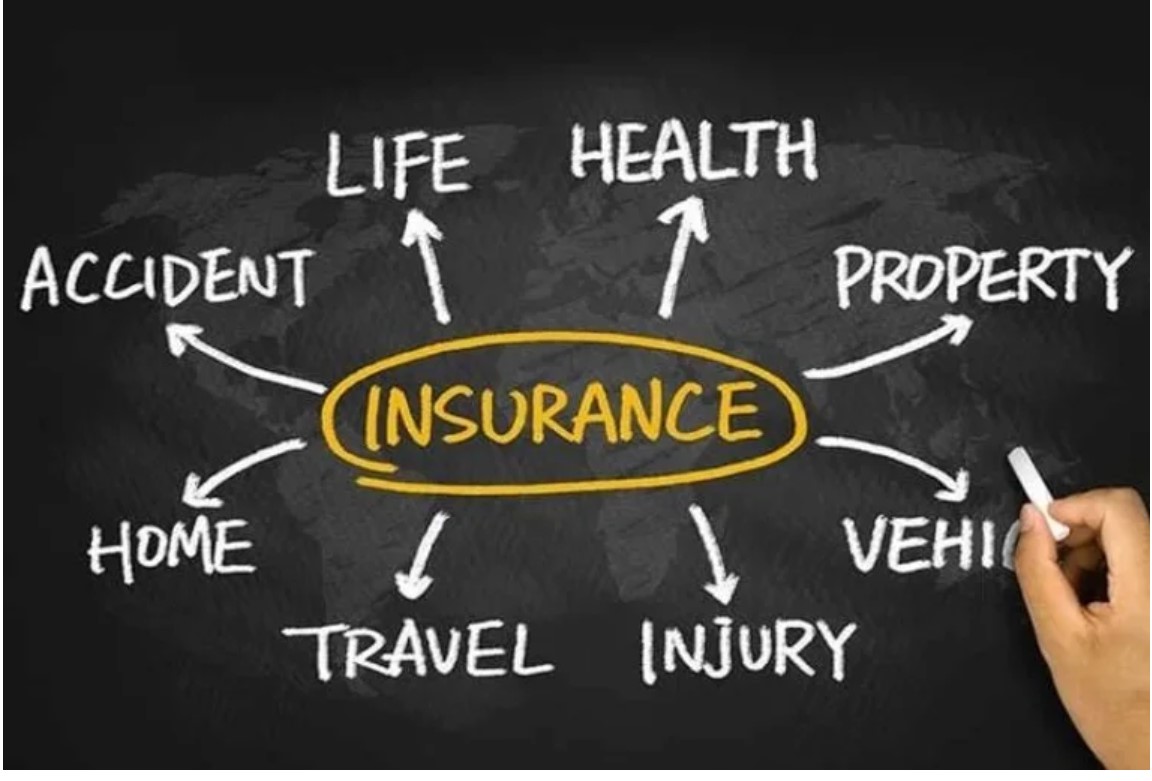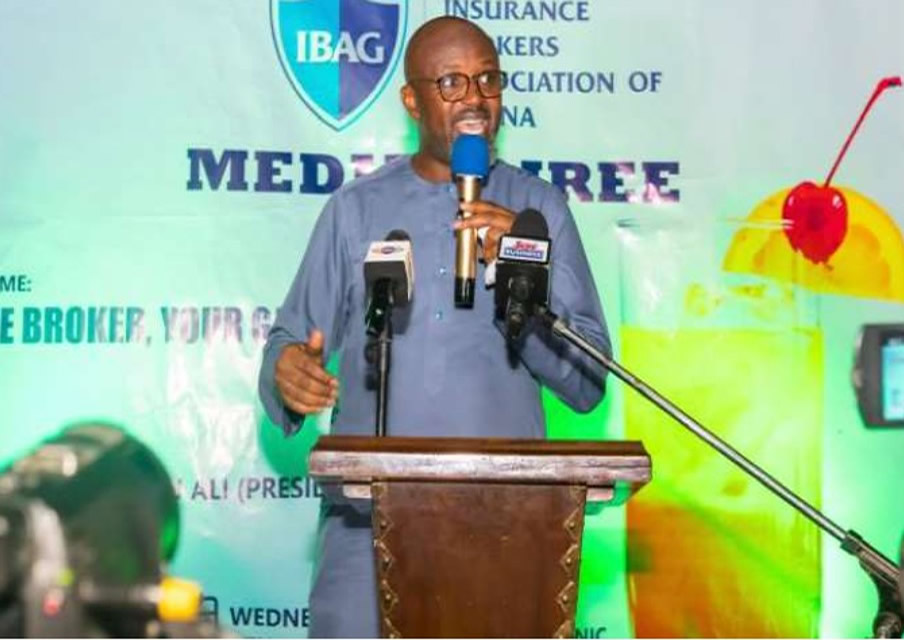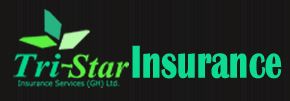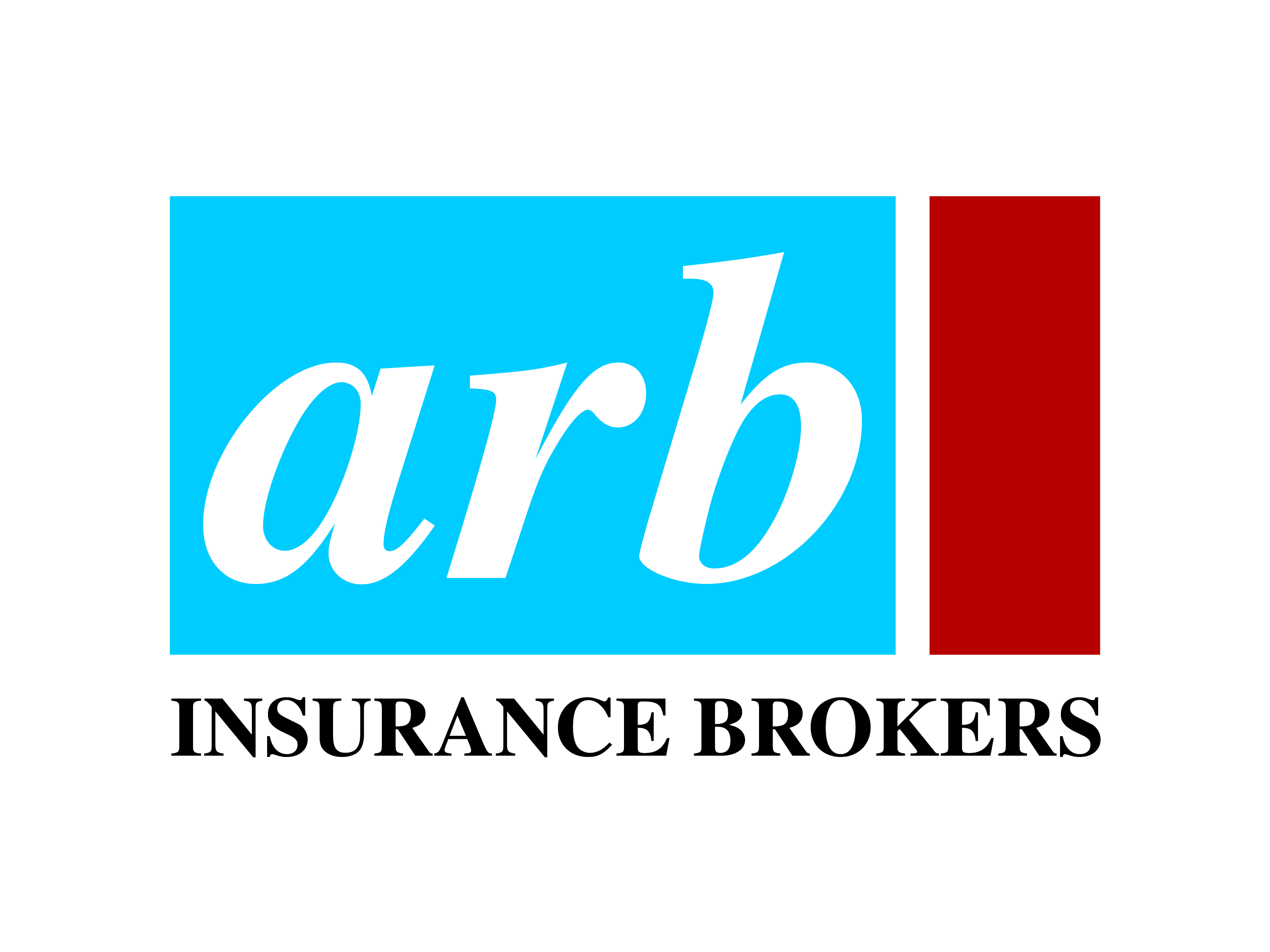
The Director and Head of Payment Systems at the Bank of Ghana, Dr Settor Amediku, has indicated that the Bank of Ghana will be laying before parliament a Payment Systems and Services Bill aimed at facilitating the provision of insurance services by the various banks in the country. According to Dr Amediku, if the Bill is passed into law by the end of 2018, it will improve financial inclusion and broaden the insurance penetration rate in the country. His concerns about the insurance sector come on the heels of many others from industry players and experts who bemoan the low penetration of insurance amongst Ghanaians.However, a review of data from the Ghana Living Standards Survey (6th Round) undertaken by the Ghana Statistical Service and published in 2014, shows that household penetration of insurance has not been as stark as the reported data on individual uptake. The report indicates that more than three out of five (60%) urban households have short-term insurance policyholders. Almost 90 percent of urban households have people who hold a commercial or business policy, 83.3 percent hold property policy and 77.4 percent hold vehicle or motor policy. Medical (38.1%), funeral (25.7% and vehicle or motor (22.6%) are the main insurance policies held by rural households.The proportion of household members with long term insurance policies follows the same pattern as for short-term holders, with more than 70 percent holding a long-term policy. In the urban areas, 78.6 percent of households have at least one member who has a retirement or annuity plan; 70.6 percent have an education policy while 74.4 percent have an insurance policy paid for by the employer. A higher proportion of household members in urban areas do not have a policy (60.5%) compared to the rural areas (39.5%).The distinction between the household penetration figures and the individual uptake figures underscores the fact that awareness of insurance is fairly good, but issues regarding consumers’ understanding of insurance covers and the affordability of insurance products are rather pervasive. Indeed, according to the same report, the main reason cited by members of households for not having an insurance cover is affordability (48.5% of households). The situation is almost the same in both the urban and rural localities (49.1% for urban and 48.0% for rural).The report further highlights that in the rural areas, about one-third of the households (32.5%), which is more than twice the proportion in urban areas (14.7%) do not have an insurance policy because they do not know how insurance works. More than half of households in rural coastal (52.5%) and 56.9 percent in rural forest do not have insurance cover because they cannot afford it. Very small proportions of households indicate that the insurance companies are deceptive hence the decision not to take an insurance policy.In an exclusive interview with Mr Kwame Achampong-Kyei, Executive Chairman of the GLICO Group, to discuss findings from the Ghana Statistical Service report, he was emphatic that the way forward for the insurance sector is “to go back to basics”. According to him, when GLICO started out in 1987 he had a clear vision to make insurance accessible to every household in Ghana. This, at the time meant the development of simple products arising from clear consumer needs, affordable premiums and maintaining a human face to the company’s customer services; considerations that he believes have given way to less customer-focused strategies and tactics in recent times.Mr Achampong-Kyei is convinced that, GLICO – which was adjudged by the Chartered Institute of Marketing Ghana (CIMG) as Insurance Company of the year in 1997 and 1999 – has lived its mission of making insurance accessible to every household by deepening its micro-insurance products and services over the years. Mr. Achampong-Kyei explains that micro-insurance, as delivered by GLICO, is the approach of providing insurance cover for low income earners against accidents, illness, death in the family, natural disasters and similar risks in ways that ensure that insurance premium payments are tailored to specific needs, incomes and risk levels. In practice, GLICO has, and continues to serve, informal sector businesses that are under-served by mainstream insurance schemes.GLICO’s incursion into the micro-insurance sector can be traced to as far back as 1987, when it introduced a micro-insurance product called the GLICO Depositors Life Plan. The product, which has enjoyed significant patronage at the Abossey Okai market (a main spare parts hub in Ghana) to date, was introduced to assist policyholders in creating short-term accumulation of savings with interest and insurance protection. It was later embraced by many other consumer groups and after a review and relaunch into the current Edwa Nkosuo (meaning “business progression”) it has achieved strong penetration within the informal sector, amongst NGOs and market circles across the country.Source : BFT
Share On Social Media

Third-party insurance premiums up from January 1; ¢482 for private cars and ¢637 for taxis
Read MoreWhy Buy Insurance ?
There will be no need for insurance if we are living in a perfect world on this planet called EARTH. Our goods would always arrive at their destination
Read MoreEmerging Trends In Ghanaian Insurance Market An Overview
According to a report by a UK based IT Solutions, Ghana has one of the fastest growing insurance industries in the world.
Read MoreTop 10 Insurance Brokers In Ghana
Ghana 2016 68 Insurance brokering companies that operated in Ghana in 2016 earned Income of GHC 73,144,221 in 2016 representing growth rate of 12%.
Read More






















